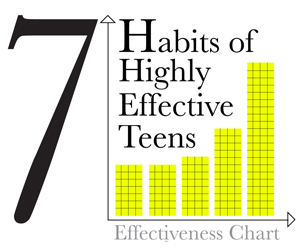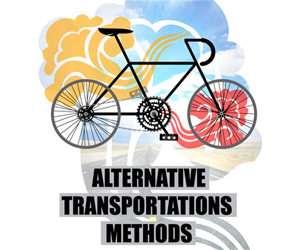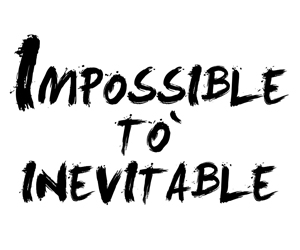
Archives For Article

Infographic on Zika: https://www.gov.sg/~/media/gov/Images/Zika/Zika%20General%20Advisory.jpg
It began with what felt like a punch in the throat. I assumed it was irritation from the cigar I’d smoked on my deck that afternoon in mid-June. But the sensation hung on. Within three days, I had a 38.9 degrees Celsius fever, chills and bed-drenching night sweats.
For two weeks, symptoms came in waves. A skin rash. Joint pain. Then a dull throbbing behind my eyes. There was pain and redness too, in a certain exclusively male region, which ibuprofen didn’t relieve.
Then, I felt better. But a week later, the symptoms staged a comeback, with more eye pain and something new – small welts on my eyelids and temples. I had sporadic headaches, was so exhausted I slept 10 hours a night and even failed to wake up for a flight.
My mother was the first to suspect I was infected with the virus that arrived in Puerto Rico in December 2015, four months after I’d begun an assignment as Reuters’ San Juan bureau chief.
Initially, I laughed off her internet diagnosis as the overwrought worries of a long-distance mom. But I agreed to see my long-time physician during a visit home in late June. After listening to my symptoms and learning I’d been working in San Juan, Dr. Kevin Wallace of Murray Hill Medical Group called the New York City Health Department and arranged to have my blood sent for screening. Eight days later, I got the news. Mom was right. I had Zika. Continue Reading…

Shoppers like the idea of buying produce from local suppliers because it means they can get fresher and healthier foods, strengthen local economies, and have direct contact with food producers. Social entrepreneurs are recognising this and are developing new ways to make agriculture an integral part of urban life.
Here are 10 different projects currently underway, which use new technology (such as aquaponics – a system in which fish waste fertilizes plants), vacant land and rooftops, and other ideas to develop new types of relationships between cities and food. Continue Reading…

Urban farming, or the practice of cultivating your own food in the city, strives to bring people closer to their produce to create more awareness about sustainable farming practices, and where your food comes from. One of the biggest challenges of urban farming in Singapore is the limited space we have in our homes. There are many different ways that you can grow your own fresh supply of greens at home, even if you live in a HDB flat and have very little space and light. You too can be a farmer in your own home! Here are some ways that you can equip yourself with the knowledge you need and get started. Continue Reading…



















